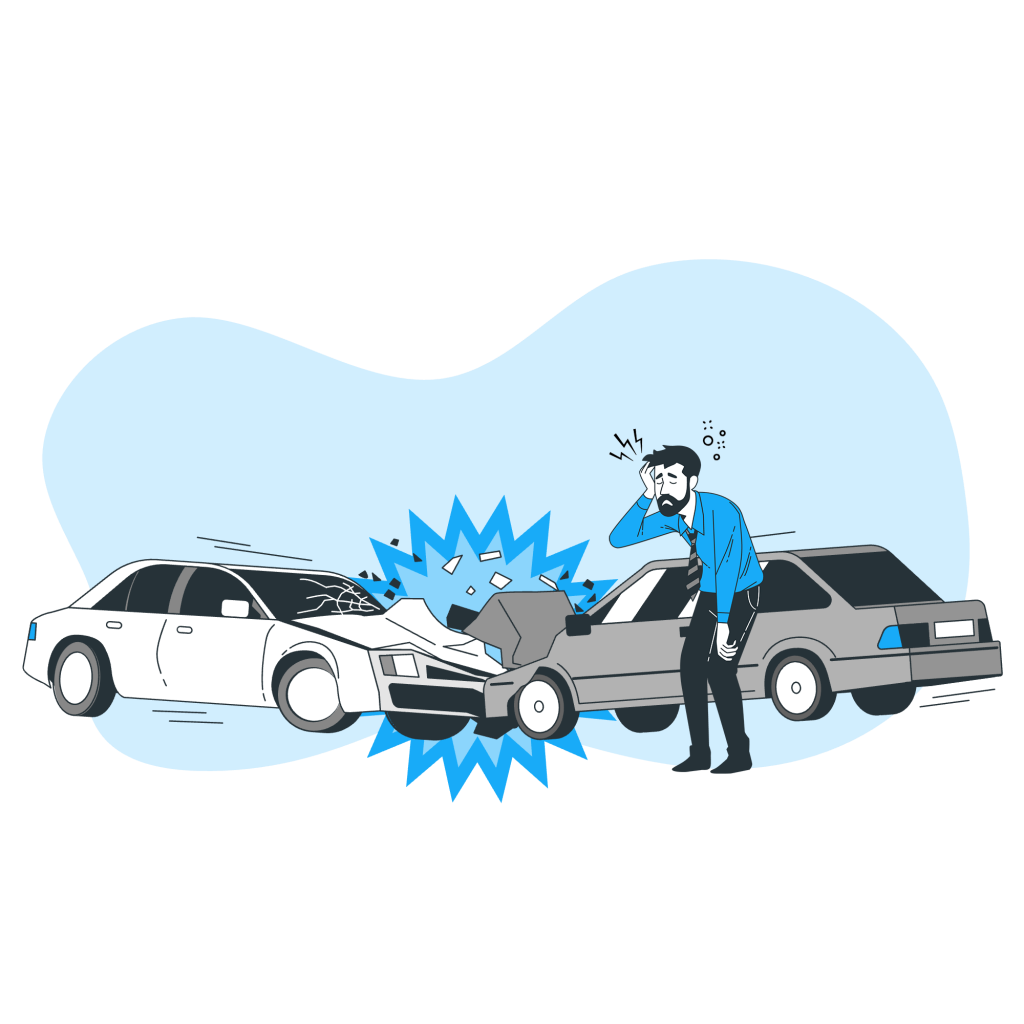Settle Or Sue: Which Option Is Better For A Car Accident Injury?
The aftermath of a car accident injury is frequently a chaotic period, rife with emotional distress and compounded by intricate legal choices that must be made. Grasping your legal rights under such circumstances is crucial, as these rights define your entitlement to appropriate compensation, your ability to hold the negligent party responsible, and your claim to fair settlement negotiations or a just trial.
In the choice between settling and pursuing a lawsuit, a range of factors must be considered, each shaping the ideal course of action based on the victim’s circumstances. This intricate landscape accentuates the need for astute decision-making backed by robust and comprehensive personal injury representation.
This article delves into the key considerations that can guide your decisions regarding potential legal actions following a car accident injury.

Clarity Of Liability
The clarity of liability can significantly impact the decision to settle or sue following a car accident injury. If the at-fault party’s negligence is evident and well-documented, this could strengthen a plaintiff’s case in a lawsuit, potentially leading to a more favorable outcome.
For example, reliable eyewitness accounts, clear traffic violation records, or incontrovertible video evidence could substantiate the at-fault party’s liability. In these scenarios, a lawsuit might be more advantageous, as the courts often provide a platform for a more detailed examination of facts and might award more substantial compensation.
On the other hand, if liability is ambiguous or shared, this complicates the legal landscape. Insurance companies may dispute claims more vigorously, and judges or juries might assign a percentage of fault to each party, reducing potential damages.
In such cases, opting for a settlement might avoid a potentially protracted and uncertain battle in court and ensure at least some form of compensation for the victim.
Severity Of Injury
The severity and nature of the injury suffered in a car accident play a crucial role in decision-making. If severe injuries lead to long-term disability, chronic pain, or significant lifestyle changes, a lawsuit might be a more appropriate avenue.
This is because lawsuits often consider non-economic damages like pain and suffering, loss of enjoyment of life, and mental anguish, which are typically disregarded or underappreciated in settlement negotiations.
However, the negotiation for a settlement might prove a more practical course for minor injuries, with low medical bills and no long-term implications. The potential for a swift resolution, lower legal costs, and reduced emotional stress could outweigh the prospect of slightly higher compensation achieved through a lawsuit.
Potential For Future Costs
Future costs related to a car accident injury should not be overlooked when contemplating a legal course of action. These costs can be substantial if the injury requires ongoing medical treatment or results in a long-term or permanent inability to work. A lawsuit might be more appropriate in these cases, as it allows for a comprehensive calculation of future economic losses, increasing the potential for higher compensation.
In contrast, a quick settlement might fail to account for these long-term costs adequately. The full extent of the injury and its impact on the victim’s future life might not be evident in the accident’s immediate aftermath, leading to a settlement that falls short of covering all future costs. Thus, where there is a significant potential for ongoing expenses, patience and a carefully considered lawsuit might yield a more just result.
Emotional Toll
The emotional toll of legal proceedings is vital when deciding to settle or sue. Lawsuits can be stressful, lengthy, and emotionally draining. They often involve extensive discovery processes, deposition testimony, and potentially a trial, which can be a public and daunting experience. For those already dealing with the physical and emotional trauma of a car accident, a lawsuit might compound the stress.
On the other hand, a settlement offers a less adversarial route to compensation. It can lead to quicker closure, allowing the victim to focus on recovery rather than legal battles. However, it’s crucial to consider the potential emotional dissatisfaction that might accompany a settlement perceived as inadequate. Here, a balance must be struck between the desire for justice and the victim’s emotional well-being.
Financial Constraints
The financial implications of legal action are a significant factor in the decision to settle or sue. Legal proceedings can be expensive, with attorney fees, court costs, and other related expenses potentially adding up to substantial amounts.
While many personal injury attorneys operate on a contingency basis, meaning they only charge fees if they win the case, the overall financial burden can still be significant, especially if the lawsuit extends over a lengthy period.
Conversely, settling might involve lower legal fees and provides quicker access to funds, helping to cover immediate medical bills and other expenses. However, while a settlement can offer immediate financial relief, ensuring that the settlement amount adequately covers all present and future costs associated with the injury is vital. A rushed settlement might leave a victim facing future costs without the means to cover them.
Conclusion
The choice between settling or pursuing a lawsuit after a car accident injury is a highly personal and situation-specific decision. It depends largely on a range of factors, such as the severity of the injuries, the circumstances surrounding the accident, the clarity of liability, and even personal comfort with court proceedings.
Hence, this decision should be made with thoughtful consideration, meticulous evaluation of all options, and the guidance of a seasoned personal injury attorney. Remember, whether you decide to settle or sue, the ultimate aim should always be to safeguard your rights, secure fair compensation, and ensure the highest possible restoration of your pre-accident life and dignity.
Author Bio:
Matt Roberts is an accomplished legal writer specializing in personal injury law. His articles reflect his commitment to empowering individuals with knowledge, shedding light on intricate legal concepts in a manner that is comprehensible and accessible to all. In his free time, he enjoys combative sports.
Try our Debt Resolution solutions today Request a Demo